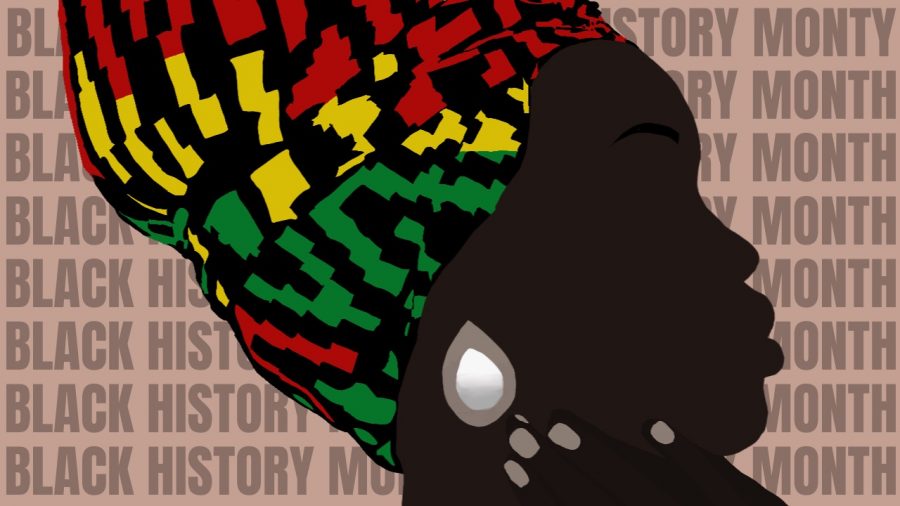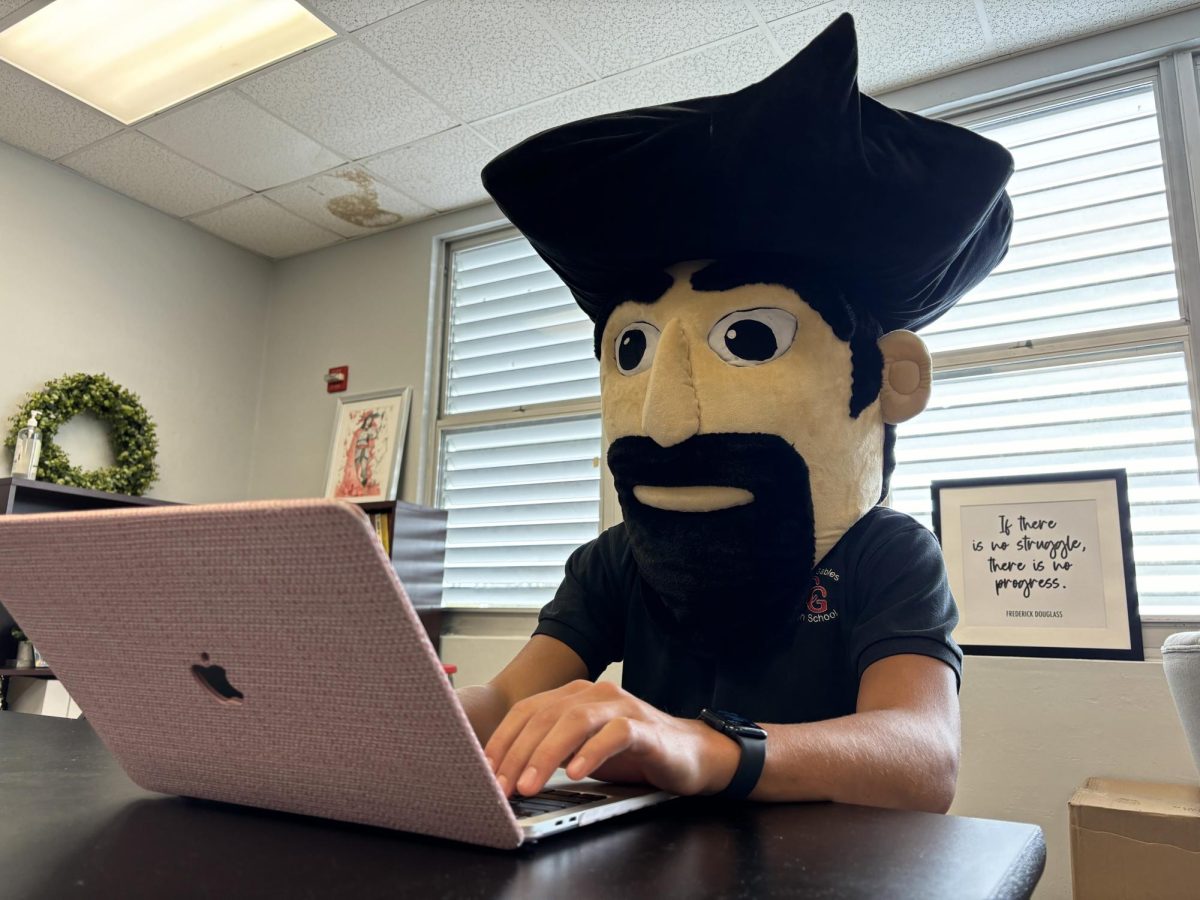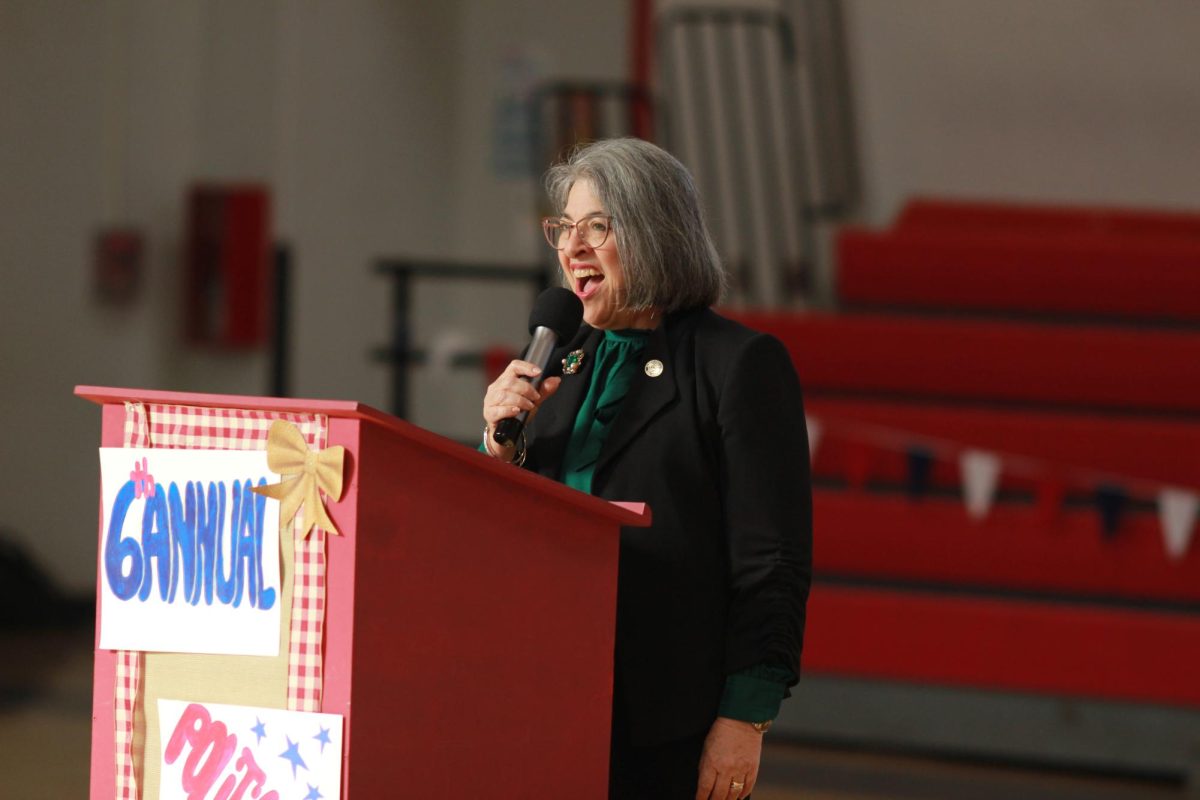Five Important Black Figures In History
Black History Month spans across the month of February and recognizes outstanding black achievement throughout history.
Feb 15, 2021
Feb. 1 marks the beginning of Black History Month, a time to celebrate historical black achievements and innovations. Here are five influential black figures throughout history
“Having soon discovered to be great, I must appear so, and therefore studiously avoided mixing in society, and wrapped myself in mystery, devoting my time to fasting and prayer.”
Nathaniel “Nat” Turner led the one of the only successful slave rebellions in the United States. Born Oct. 2, 1800, Turner was taught from a young age to read and he quickly immersed himself in religious sermons. He believed that God would lead slaves from bondage. When an eclipse came in 1831, Turner took it as a sign and enlisted 4 men. They planned and rescheduled, killed the Travis family, and then enlisted 75 other enslaved people. The estimated death count is 55 white people.
While Nat Turner’s rebellion led to stricter legislation against the basic human rights of slaves, it crushed the idea that slaves were satisfied with their bondage and drew attention to the abolitionist cause.
“I think that Black History Month is important because we live in America, we are all united by our differences… Hispanic Heritage and Black History Month are a way to honor the differences in this country.” freshman Kayla Castro said.
“Take all the courses in your curriculum. Do the research. Ask questions. Find someone doing what you are interested in! Be curious!”
From a young age, Katherine Johnson showed an outstanding interest in mathematics and science. She excelled in problem-solving and accounting. She started college at 15 and became a mathematician. She graduated at 18 and became a teacher. At 34, she joined NASA as a “computer.” Due to her outstanding work, she was recruited to calculate the trajectory equations needed to launch the first man to space and the equations needed to get him back.
John Glenn trusted her skills enough that he asked for her to hand-check a machine’s mathematics. Her equations were later used in the Apollo 11 expeditions to calculate launch and landing trajectories. Johnson was known to be very charismatic and very intelligent, often found playing bridge with her colleagues. Her contributions were essential to one of America’s greatest achievements.
“Lord, it just feels like that blackness be spreadin all inside me.”
Henrietta Lacks was an African American woman whose cancer cells were immortalized and are still used today in many medical treatments. Henrietta Lacks, born in 1920, was a mother of five who was admitted into John Hopkins hospital in 1951 due to vaginal bleeding. This turned out to be cervical cancer, which was promptly treated with radium. During her biopsy, a sample of her cells was sent to a laboratory to be analyzed, and what they found was that her cells would double instead of die. Dubbed HeLa cells, these cells would be essential in the testing of drugs, hormones, as well as in vaccine research. Henrietta Lacks’ cells continue to save billions of lives.
However important HeLa cells are, it is important to remember that Henrietta Lacks and her family had no idea this was going on and never consented to giving up her cells to science. And even after violating her bodily autonomy, her family receives no compensation decades after HeLa cells began being used. This is just one of many examples where black Americans were used as guinea pigs in experiments they did not consent to and organizations like the Henrietta Lacks Foundation have dedicated themselves to helping individuals whose families have fallen prey to this kind of behavior.
“Where you see wrong or inequality or injustice, speak out, because this is your country. This is your democracy. Make it. Protect it. Pass it on.”
Thurgood Marshall was the first African American Supreme Court Justice. He served 24 years, winning 29 out of 32 cases. Over his career, Justice Marshall proved to be an ardent supporter of the civil rights and protections of minorities. After being denied admission from the University of Maryland because of his race, he went to Howard and then opened an office in Baltimore. Even if his clients could not pay, he would work the case and gained a reputation and attention from organizations like the NAACP. Marshall was hired in the NAACP special counsel and argued against segregation in schools.
President Johnson appointed Marshall as supreme court justice in 1967 and he went on to work monumental cases like Furman v. Georgia on the death penalty and Cottage Savings Ass’n v. Commissioner of Internal Revenue on tax law.
I believe that black history month is important because it is a way to remember the events and heroes of the past, in history. I believe that it is also important because this way we can remember what black and African American people were able to overcome.
— sophomore Brittany Fuenmayor
“If you stick a knife in my back nine inches and pull it out six inches, there’s no progress. If you pull it all the way out, that’s not progress. The progress is healing the wound that the blow made. And they won’t even admit the knife is there.”
Malcolm X was a black Muslim civil rights activist, best known for his ideas on Black nationalism and racial pride. Malcolm X had become accustomed to racial prejudice and violence since he was very young. He recalls seeing a white supremacist burn down his home in Nebraska when he was a mere four years old. Not soon after, in 1931, his father, Rev. Earl Little, was murdered by the Black Legion, a white supremacist group most prevalent in the mid-west.
He spent the majority of his childhood in and out of abusive foster homes before being incarcerated for 10 years on accounts of larceny. He then joined the Nation of Islam, and after his parole in 1952, he became one of the most influential and prominent speakers of the organization. In the late 1950s, his relationship with the Nation of Islam strained and he focused more on Sunni Islam. By the early 1960s, he publicly denounced the Nation of Islam, gaining many enemies. He was assassinated in 1965.
Malcolm X and Dr. Martin Luther King approached black empowerment in two very different ways. Malcolm X never claimed to be “nonviolent,” he adopted a “defend yourself by all means necessary” mentality. He helped propagate ideas of Black pride, he urged black Americans to not be ashamed of their African heritage and to embrace it. Whether or not the public agrees with all his ideas does not negate the fact that he was still a prominent, influential figure in black history and who is still a part of the conversation regarding Black identity.














